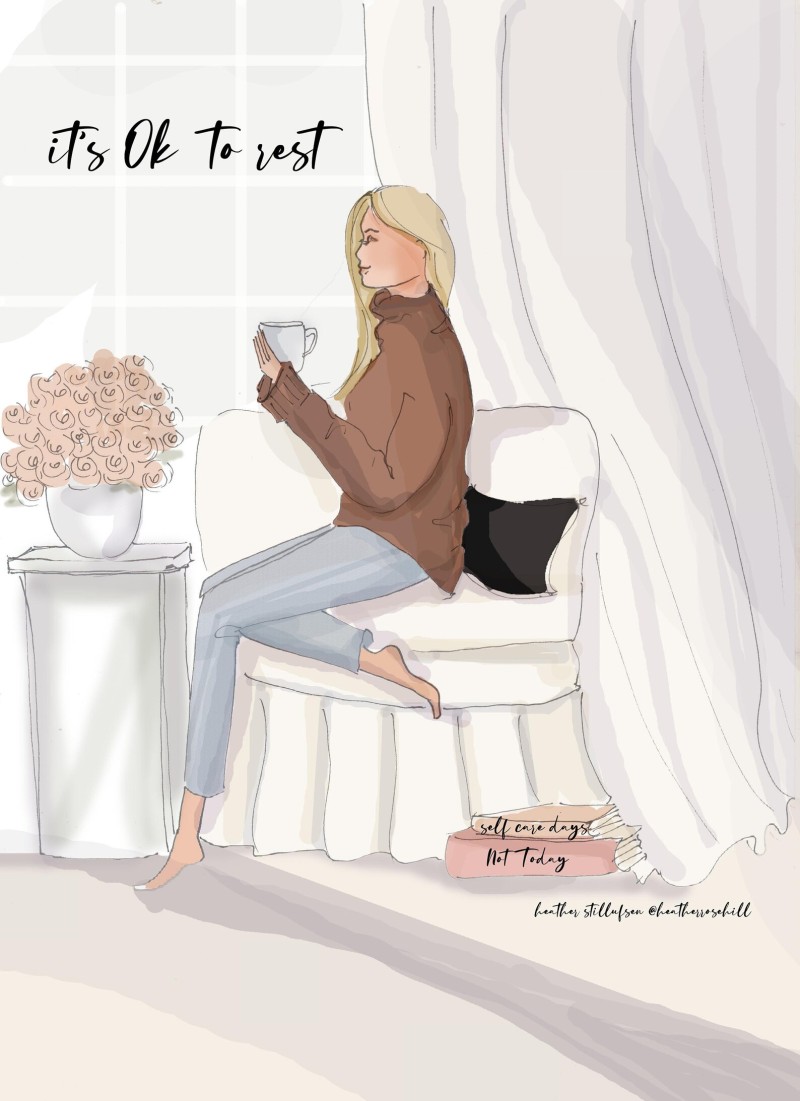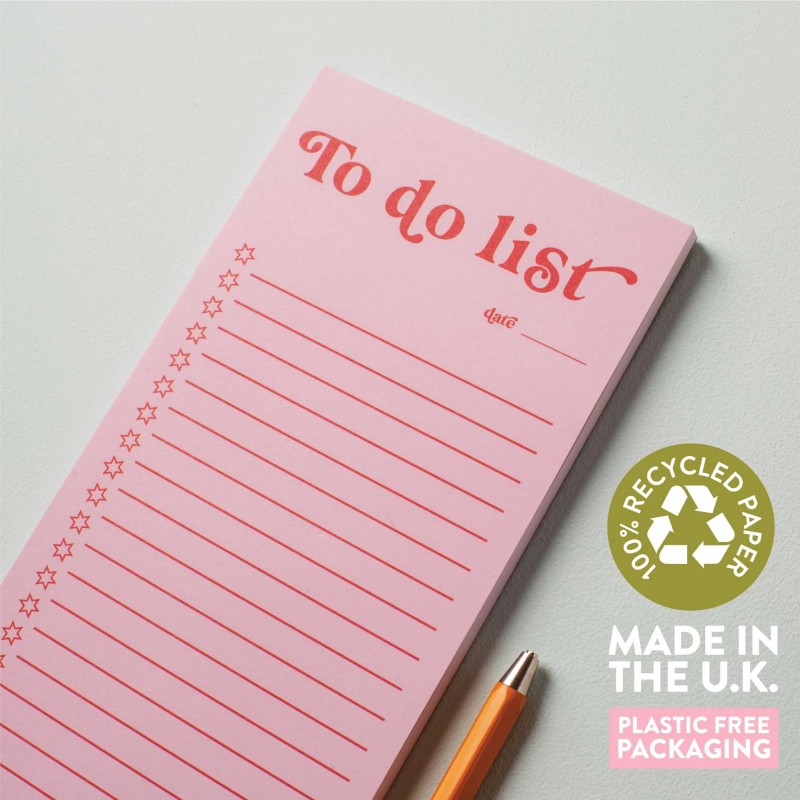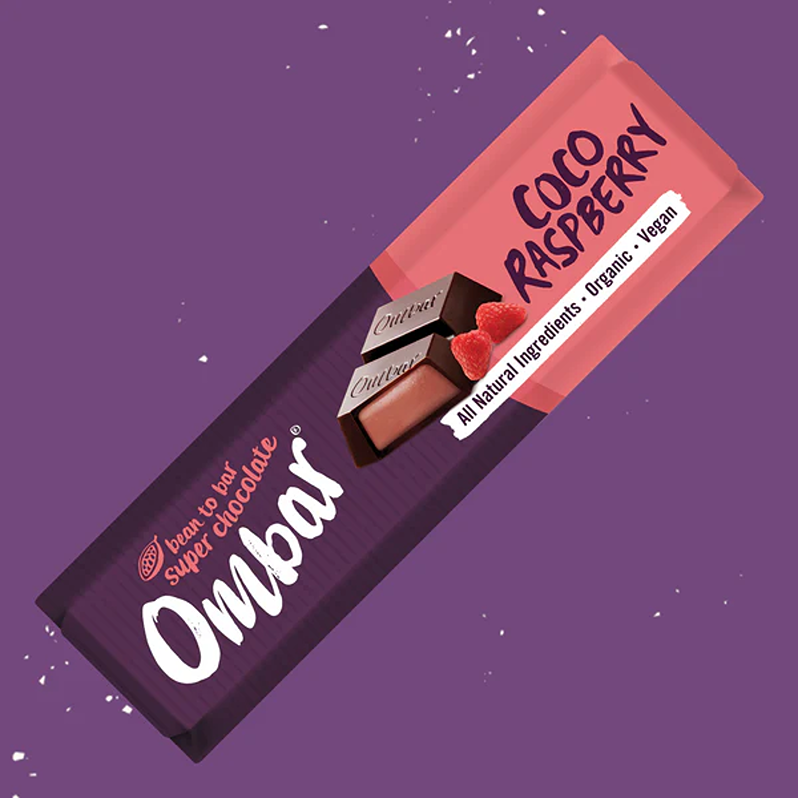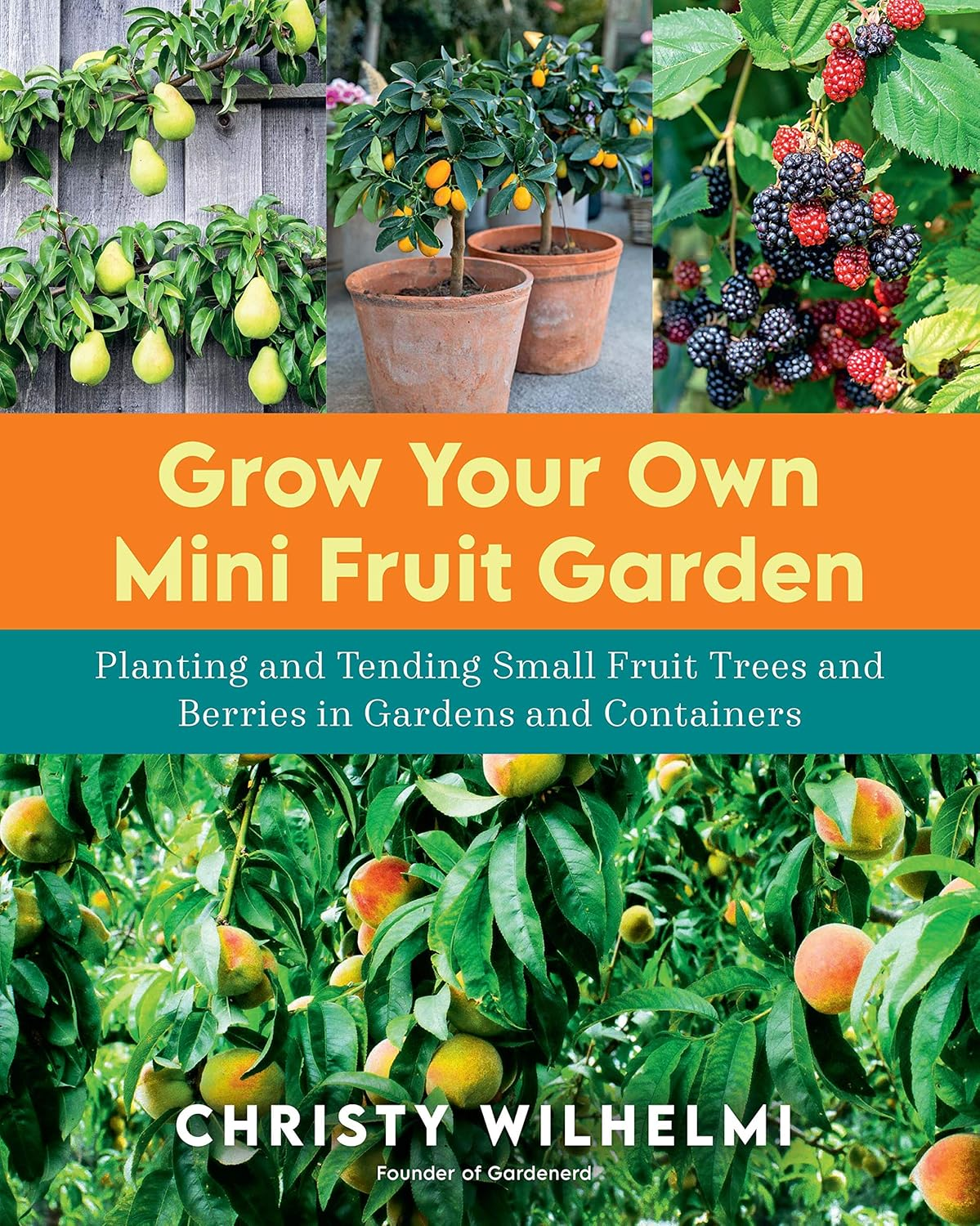Lifestyle Tips to Help Reduce Fatigue

Millions of people across England and the world feel permanently wiped out. Of course this could be do with insomnia, being a carer or looking after young children/babies, but sometimes fatigue can come from physical conditions or even stress.
Severe fatigue is serious, with experts saying that if you have severe exhaustion, it likely would in an ideal world take a good few months to get back to normal, but of course most people have life responsibilities for family or work.
If you feel constant fatigue after healthy lifestyle changes, it’s best to visit your GP for a blood test, to rule out anaemia or other medical issues.
Come to me, all you who are weary and burdened, and I will give you rest. Take my yoke upon you and learn from me. For I am gentle and humble in heart, and you will find rest for your souls. For my yoke is easy and my burden is light’. Matthew 11: 28-30
Good Quality Sleep
A good night’s sleep is obviously the first port of call, ideally seven to nine hours each day (and that’s proper sleep, not alcohol sleep, which often puts you in a different kind of non-healing sleep, then wakes you up at 2am).
Good sleep is not so easy if you have insomnia, and worrying about it will make things worse. If your sleep deprivation is due to a nocturnal baby, read The Baby Sleep Guide (by a sleep consultant who is also the mother of triplets!)
If you’re a carer, read our help our carers tag, to find lots of help (from benefits to buy things to make life easier, and how to find practical help and support).
Create a calm bedtime routine. Switch off computers and the TV (especially the news and horror films!) an hour before bed, and read a book (not a horror novel!) or take a warm bath, or even have an evening potter around the garden. Avoid alcohol and cigarettes (both are stimulants).
You don’t need essential oils (and they are not safe for pets that sleep on your bed, cats can’t break them down in their liver). A good routine is far more helpful.
Also ensure your bedroom is clean and comfortable, and the right temperature (not too warm or cold). Use black-out curtains and an eye mask, if needed.
Read our post on safe baby nurseries, for tips on preventing SIDS (crib death).
Park Your To-Do Worries on Paper!

Often people feel stressed and fatigued, because they have a constant ‘monkey chatter’ going on in their heads, on all the things they have to do, which makes them feel tired.
Treat yourself to one of Good Tuesday’s to-do pads (on recycled paper). Beautifully designed, these can inspire you to create small lists that you can plough through over time. Offloading the info onto paper, can help to clear your mind, and help your brain feel more ready to sleep.
Fuel Your Body with Nourishing Foods

Food is fuel. If you’re not putting good fuel in the tank, your ‘car’ won’t run. You need good nutrition to sleep, as well as to work and run marathons. Build meals around whole foods, lean plant proteins (like tempeh), complex carbs, and colourful veg. Add healthy fats for good brain health.
- Breakfast: Oats with plant milk or yoghurt, topped with berries and seeds. Beans on wholegrain toast with tomatoes. Smoothie with spinach, banana, oats, and peanut butter.
- Lunch: Marinated tofu or beans with quinoa and a big salad. Wholegrain wrap with vegan tuna, crunchy veg, and hummus. Soup with lentils and a slice of wholegrain bread.
- Dinner: Tempeh, brown rice, and greens. Tempeh chilli with beans and peppers. Stir-fry with tofu, mixed veg, and noodles.
- Smart snacks: Apple and almonds, Greek-style vegan yoghurt with fruit, carrot sticks with hummus, wholegrain crackers with vegan cheese.
Stay Hydrated to Keep Fatigue at Bay
- Aim for 6 to 8 glasses a day, more if active or in hot weather.
- Keep a bottle nearby, sip often, refill mid-morning and mid-afternoon.
- Add flavour with lemon, mint, cucumber, or berries if plain water bores you.
- Watch for signs of mild dehydration, darker urine, dry mouth, headache.
- Avoid alcohol. This is a sure way to make you feel tired the next day.
Keep caffeine from tea and coffee early in the day (avoid for pregnancy/nursing).
Incorporate Movement and Relaxation
- Regular walking helps to boost blood flow and clear the head.
- Use Lucy Wyndham-Read’s 10-minute body stretch, for stiff muscles.
- Her body weight exercises are good, or use resistance bands.
Getting Things Done, When Fatigued

Rest-Do Days is a practical guide to finding a balance between resting and doing, so you can recharge your energy, while doing things important to you. It’s aimed at people with MS, rheumatoid arthritis, lupus, vasculitis, Parkinson’s and other chronic autoimmune diseases. By an occupational therapist.
Do You Need to Drink Energy Drinks?
No, you don’t. Plain water is fine. But if you do drink them, don’t rely on them, just use them as boosters (say if you are feeling tired before work or a long drive, when you have to stay awake).
Energy drinks can raise the heart rate and blood pressure if consumed in excess (they are banned for sale for teenagers in Sweden and Lithuania). They should also be avoided for pregnancy/nursing, children and on medication, due to caffeine and herbs like guarana, ginseng, cola nuts etc).
Pop ring-pulls back over the cans before recycling, to avoid wildlife getting trapped.
The first energy drinks were invented in the 1930s. Lucozade was created by a Newcastle pharmacist, and Ribena as ‘free vitamin C’ for children. But due to the upcoming sugar tax, both now contain artificial sweeteners, so taste rank.
Energy drinks have been around since the 1930s (Lucozade was invented by a Newcastle pharmacist and Ribena created for ‘free vitamin C for children’). Both are very high in sugar, though artificial sweeteners are also now added, to protect against a possible sugar tax.
One personal trainer suggests a healthier homemade alternative is simply to add fresh lime juice to sparkling water.
If you want to buy an energy drink now and then, look in stores for Purdey’s, these are made with sparkling water, fruits and botanicals, and sweetened with stevia (in three flavours – raspberry rose, grape apple and dark fruits).
Gusto Organic offers ‘real cola’ that with organic Fair Trade ingredients, sweetened with cane sugar and agave (the ‘naturally slim’ version is sweetened with stevia). Other flavours are lemon guarana, Sicilian blood orange and fiery ginger beer.
Why Choose Natural Brands over Red Bull?
Red Bull is now the third most profitable soft drink on earth (after Coca-Cola and Pepsi). Due to caffeine limits in various countries, the recipes differ, depending on where it’s sold. But it’s basically a mix of caffeine, taurine (an amino acid to stimulate the brain), B vitamins and simple sugars (or sweeteners).
Apparently users report that it tastes ‘like diluted cough syrup with bubbles’. One person says on first taste, it resembles battery acid? Banned in France for 12 years (the recipe was adjusted to now sell it again), the high acid level means (like diet cola) it also rots tooth enamel.
Masking Red Bull with alcohol is very dangerous, as the stimulants can mask the depressant effects of booze, and cause life-changing dangers (like suicidal thoughts).
Another reason to avoid Red Bull, is that it’s a big Goliath company, in a world of little men. In 2013, a Norfolk micro-brewery was told to change its name (similar but not the same), or face legal action.
How the average beer-loving man in eastern England could confuse a pint of ale with a can of energy drink is not clear. But they had to reach settlement, in order to continue to use a name that was not even the same. It’s corporate bullying, and a good reason to choose Purdey’s energy drink instead!
Red Bull also funds a charity that uses mice for spinal cord injury research. Far kinder, more accurate and cheaper to fund humane medical research instead.






